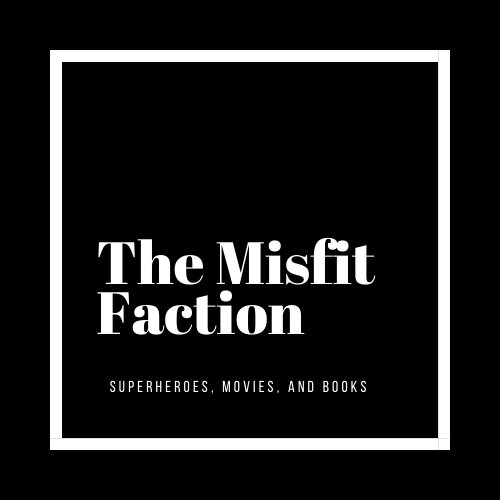“The Falcon and The Winter Soldier” Series Premiere Review: The Mild Adventures of Bucky and Sam
By Rob LoAlbo
Photo courtesy of Marvel studios
On the heels of the groundbreaking WandaVision comes the Disney Plus show The Falcon and The Winter Soldier, where Marvel again works to mainstream a set of secondary characters. Does it work or will we pass on their adventures? Let’s get into reviewing the first episode.
The series opens with a thrilling mid-air terrorist hijacking, although who everyone is isn’t really clear yet in the series (but we assume that the bad guys are the ones shooting at Falcon and speaking Russian). It’s as good as anything we would get in the Marvel movie franchise, and watching skydivers fly in and out of planes and helicopters while having a gunfight is an engaging if not pro-American military start to a series that seems to be tackling the concepts of patriotism and nationalism. It’s shockingly well executed and watching something familiar to the MCU is a comfortable start to the series.
You see, Sam has been struggling with his identity, so he’s lending his skills to the US Air Force while he figures out his place in this world. It’s no surprise that he decides to turn down the Cap mantle (a decision that seems to be a main plot point for the series with the introduction of a “fake” and goofy-looking Captain America). Sam is unsure of himself, bouncing between family and military friends, and that his nephew calls him “Uncle Sam” doesn’t help.
As for Bucky, the nightmares of his former, brain-washed self still haunt him. Now in therapy, the adversarial rapport between Bucky and his shrink is heated and humorous, as he lies to her and she worries that he’s going to snap. Shot in close-ups, it only emphasizes the desire but ultimately the missing intimacy that Bucky needs, and Sebastian Stan’s vacant eyes and expressions lend itself well to the role. Bucky has been working through his demons by crossing people off his notebook list of names, correcting mistakes. Smiling when he thinks that what actual feeling people do and lunching with those he’s wronged, he’s a man out of time trying his best to adjust but ultimately can’t quite figure out the patterns of human behavior.
It’s a riot seeing these two great warriors attempting to function in a post-snap world. Whether it’s Bucky maneuvering through a Battleship drinking date or Sam discussing debt consolidation and trying to get a loan for his boat, it’s hard out there for an Avenger. But when the PTSD hits, Bucky flees and Sam shuts down. But maybe with the support systems of Bucky’s therapist and Sam’s strong-willed sister (the magnetic and charismatic Adepero Oduye), maybe they can make it work.
The series goes out of its way to let us know that it’s got its foot firmly in international comradeship, targeting not the New World Order but the American right-wing extremist group known as the Flag Smashers (which at times harkens uncomfortably to the insurrectionists and conspiracy groups of late). Their agenda, whether terror or infiltration, will take up the majority of the series plot, with a shadowy super-strong leader who leads with his fists. We know that Helmut Zemo is behind it all somewhere, as evidenced by leaks and press, but we’re not really sure how.
Despite the presence of Bucky and Sam, the main character of the episode is the symbolism of Cap’s shield, with its presence reflecting not only the American ideals in those who wield it (or lack thereof in the hands of others) but also at the gaping loss that is Captain America. His death hovers over this episode like a specter. In a time when we question what it means to be an American, it’s an interesting way to approach a complex issue. Being American is more than dressing up in a star-spangled suit - it’s the beliefs that Steve Rogers held himself so closely to.
Thankfully, the show doesn’t rush pushing Bucky and Sam into the same frame, allowing their background stories to grow and deepen. As previous side characters, it’s nice to get to know them better and grow even more fonder of them.
However, unlike WandaVision, this is not a puzzle box show to debate endlessly week to week: despite its thematic depth, it’s a fairly straightforward event. It doesn’t take many chances, sticking to a well-worn formula, probably because this show was meant to air first but despite the pandemic, was finished after WandaVision. Despite the success with past risks, Marvel plays it safe when it should trust its viewers more. We adored WandaVision because of its weirdness and fractured reality, but maybe that Disney money needs to prove itself first before it starts heading into undiscovered and unfamiliar country.
Still, it’s a rousing start for the show, one that sets a high bar for the remaining five episodes, a run that seems much too short given WandaVision’s nine episode arc. Let’s just hope that we end just as satisfied with this show as we were with that one.
Star City Rating: a solid 3.5 of 5 stars

